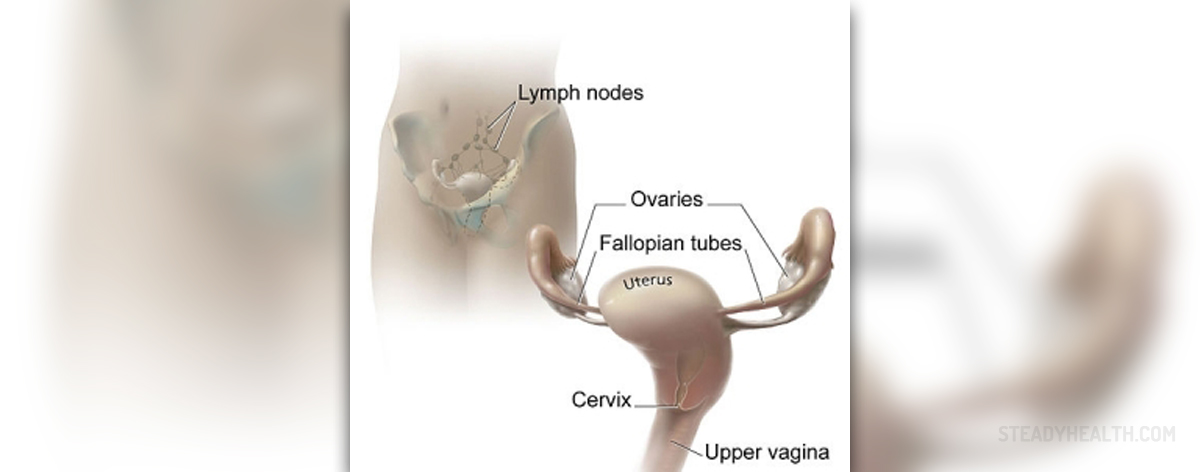
We have already written about the NovaSure methods of endometrial ablation before, so if you would like to learn more about what happens during the procedure and how you will feel, I suggest you head over to our post Who can benefit from NovaSure? for more information. In this post, we will stick to the topic of pregnancy after NovaSure or other endometrial ablation procedures. NovaSure is aimed exclusively at ending the "menstrual hell" that many women with endometrial hyperplasia face. After the procedure is over, the lining of the uterus will be largely gone. During recovery, which takes about two weeks, the uterus heals through scarring and thereby prevents a thick endometrium from forming again. This very fact does mean that pregnancy is much more unlikely after the NovaSure procedure, but it does not guarantee that pregnancy becomes impossible by any means.
So, here is the deal with endometrial ablation. It is only suitable for women who never want any more biological children. NovaSure or other ablation methods do not prevent pregnancy completely, even though a pregnancy would be extremely dangerous for both mother and child after such procedures. This means that, if you are going for NovaSure, you also need to make absolutely sure that you will not be able to get pregnant. A tubal ligation, essure or adiana permanent birth control are the best options, though your partner could also have a vasectomy.
- www.nhs.uk/conditions/heavy-periods/treatment/
- medlineplus.gov/ency/patientinstructions/000288.htm
- Photo courtesy of National Cancer Institute by Wikimedia Commons: commons.wikimedia.org/wiki/File:Cervix_and_nearby_organs.jpg




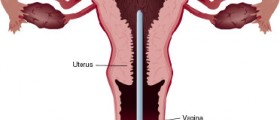

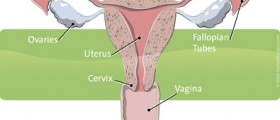



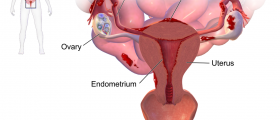

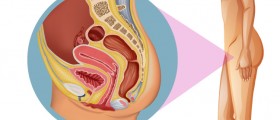


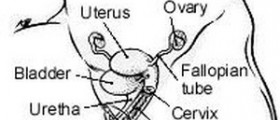

Your thoughts on this
Loading...